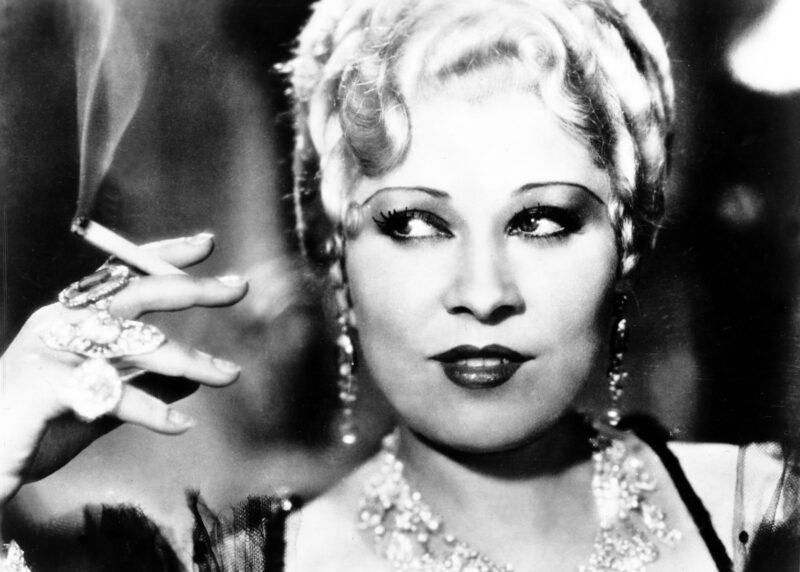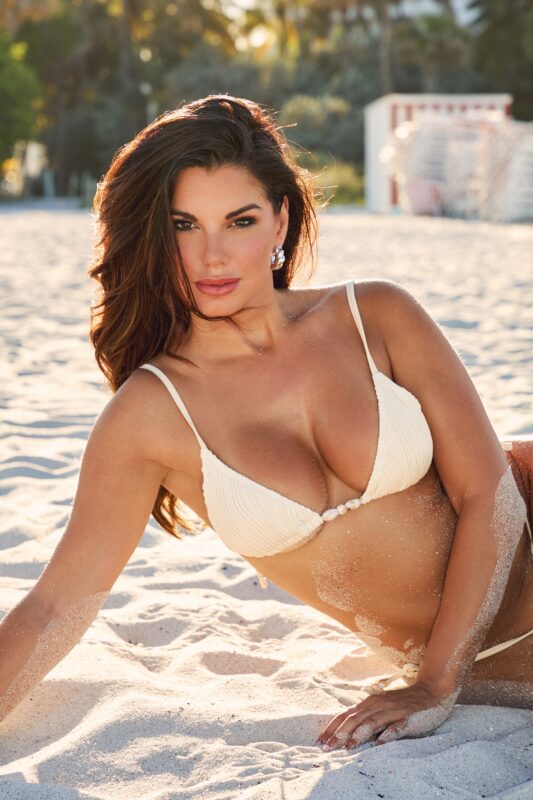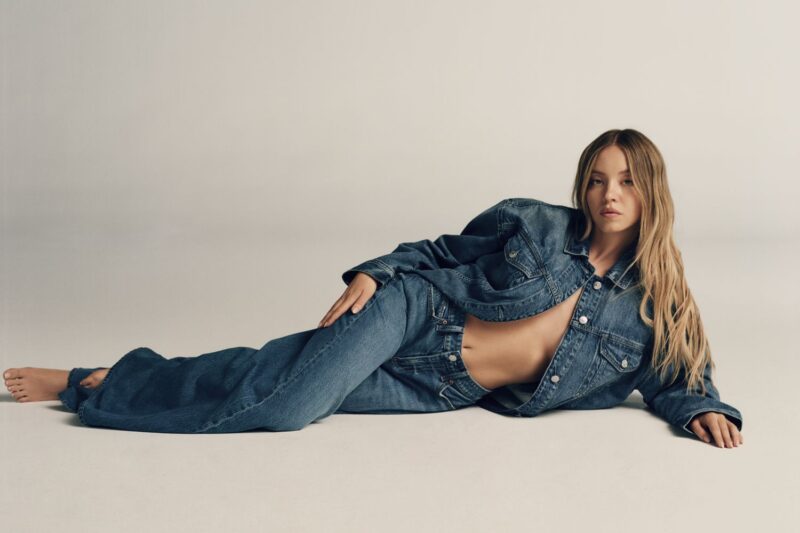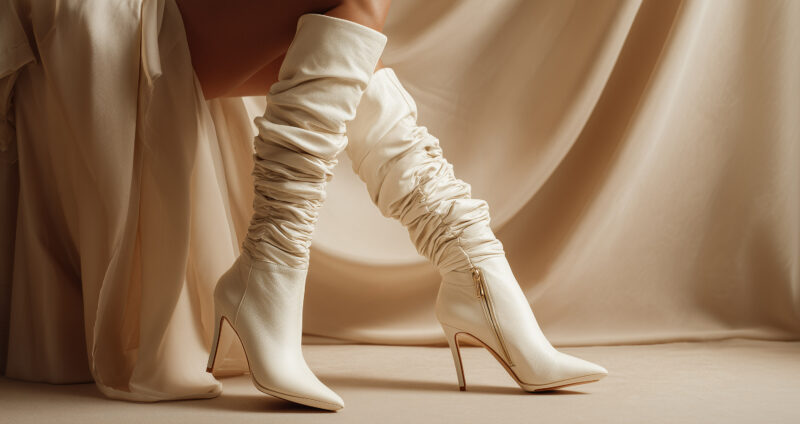The bride was clad in white, surrounded by friends, with music playing and drinks flowing. Just then, before walking down the aisle, Amber Rose bent over in her floor-length gown, spread her legs, dipped it low and bounced her booty for the camera. For a stripper turned celebrity, it was a final hurrah before a new life –and maybe the final straw for her new marriage. In less than 24 hours the internet lit up, shaming the model for embarrassing her soon-to-be husband, the rapper Wiz Khalifa. In 2014, just over a year after the wedding, she filed for divorce. A few months later, Rose launched the first slutwalk in America.
Perhaps her personal experiences inspired her protest. But so did other women. Originally launched in Toronto in 2011, the slutwalk was organized in response to Police Constable Michael Sanguinetti’s comment that “women should avoid dressing like sluts in order not to be victimized.” Defined by the National Institute of Health as “the stigmatization of an individual based on appearance, sexual availability, and actual or perceived sexual behavior,” slut-shaming has a long history. As early as Eve, Jezebel and Cleopatra, we see women punished and shamed for their real or perceived sexual acts. And as society evolved, so did plays and books that offered further cautionary tales, from Hamlet’s Ophelia (1600s), to The Scarlet Letter’s Hester Prynne (1850), Anna Karenina (1878) and The House of Mirth’s Lily Bart (1905).
By the 1950’s Hollywood television sitcoms began popularizing the opposite characters –conservative women– in a steady stream of sitcoms that dominated the airwaves through the 60’s. The most popular archetypes were the young high school sweetheart, the middle-aged stay at home mother, the doting elderly grandma. Not even the free-love era of the 70’s and the hedonism of the 80’s ushered in new models. In fact, by the 90’s the term “slut-shaming” emerged to capture the contempt society had for women –and men– who seemed to skirt social, sexual and gender norms.
By the early 2000s Hollywood entered its “reality” era, defined by Kim Kardashian. Launching her career with a sex tape in 2007 made it too easy to shame Kardashian as a slut. Not surprisingly, just as with Amber Rose, Kardashian’s 2014 marriage did not tame the backlash. It only intensified it. By 2016, years into her union with Kanye West, Kardashian had to defend herself when nudes she posted on Instagram sparked criticism from celebrities like Bette Midler and Piers Morgan, and civilians alike.
“I never understand why people get so bothered by what other people choose to do with their lives,” she responded in a statement on her site at the time. “The body-shaming and slut-shaming – it’s like, enough is enough. I will not live my life dictated by the issues you have with my sexuality. You be you and let me be me. I am a mother. I am a wife, a sister, a daughter, an entrepreneur and I am allowed to be sexy.”
Her frustration was palpable.
Almost a decade into her celebrity, slut-shaming was nothing new. But by 2016, it got exponentially worse. Long gone were the days of “Letter to the Editor,” angry fan mail, community meetings or in-person gossip. Social media allowed the public to name, shame, and judge celebrities –directly on their profiles. Technology had changed but the spirit and the nature of the criticism had not. Especially of a certain style of starlet. For one, she is controversial in her choice of lovers. Like Mae West, the silver screen legend. Or Taylor Swift, whose laundry list of exes always earned her ridicule. She is liberal with her marriages. Like Elizabeth Taylor whose many husbands ranged from Hollywood royalty to construction workers. Or Jennifer Lopez, endlessly roasted for her multiple rings. She is unapologetic with her fashion –like Janet Jackson, who endured merciless insults over her wardrobe malfunction; and Lil’ Kim, whose purple jumpsuit with a shell over her breast earned her more insults than her raunchy lyrics. She is sensual with her art. Like Cher and Madonna and Sabrina Carpenter, all of whom do not shy away from risqué costumes, visuals or choreography. But perhaps, the worst of her faults, is undeniably hot and sexy. Like Marylin Monroe, objectified in life and death; Britney Spears still suffering the traumas of being a teen sex symbol –and Sydney Sweeney, who seems to spark controversy at every step.

Mae West in ‘She Done Him Wrong’ • Photo: Paramount/AA Film Archive/Allstar Picture Library.
Such controversies are in stark contrast to male celebrities. From Frank Sinatra to Mick Jagger to Pete Davidson, Hollywood’s male entertainers are often legendary lotharios. But the consequences lack the same bite. A 2019 study titled, “He’s A Stud! She’s A Slut” shared, “Women and men often are held to different standards of appropriate behavior. [And] women are penalized more than men for self-promoting behavior and for speaking in a direct and dominant manner.” A 2021 Study titled, “Slut Shaming And Adolescence,” also suggests that this dynamic is happening young and younger. Research found that eighty percent of the youth in the study had stumbled upon the use of the word “slut” as an insult online, and 68% reported seeing homophobic slurs like “fag” online.
“Words have so much power, and you don’t have to know a person for their words to seep deep inside of you,” says Erica M. Daniel, MPH, an Intimacy Coach. “Why do we read poetry? Why do we read literature? Because words take us somewhere. So, to be living your most authentic life and having to take in or hear vileness just because others can’t make space for you –that’s hard.”
Victoria Vesce understands. A former NBA cheerleader, turned lawyer and now Sports Illustrated model, influencer and entrepreneur, she lives this dynamic on a near daily basis. “Women, in the digital version are more like, ‘Yes, Girl! Yes Queen,” she reflects. “But then in real life, they’re like, ‘I don’t even want to look at you or be associated with you.’ Men in the DMs comments are like, ‘I hate you. You’re a slut. You’re a whore.’ In person, they’re like, ‘Oh My God, I’m your biggest fan’.”

Victoria Vesce • Photo: Vivian Arthur Photography | Miami.
The emotional whiplash is something Vesce has adjusted to. “I just don’t take it so seriously because If someone has time to comment something negative, they must have a lot going wrong in their life.” Like a lot of celebrities, this thick skin was cultivated through traumatic life experiences. And for Vesce, those experiences started young. “I was from a small Southern town. I wanted to be extra. I wanted my stilettos. I wanted to dress in clothes that actually fit my body and make me look good,” she shares. “I still remember vividly in high school, I dressed up one day very super cutesy with some knee-high boots. All the girls and even some of the teachers were laughing at me and calling me a whore,” she recalls. “I’m older now and I still remember this memory of me just crying in class. There’s always been this hatred somehow on me and I don’t know why.”
After graduating high school and college, her career as an NBA cheerleader offset her costs for law school. But once firmly in her law career, she quickly found that though she could thrive on the basketball court she could not survive the legal courts. “I felt shamed at my corporate job,” she recalls. “I felt like I couldn’t be who I was, because I was too much. My self-esteem was plummeting. And I wasn’t surrounded by people who really were uplifting me. It didn’t matter if I really worked hard for this career.”
Once again, as she’d experienced in school, all that seemed to matter was her looks. But this time, she refused to change herself. “Look, I’ve done every experiment. I’ve done Exhibit A, B, C, D! All the way around trying to see if I presented myself in a different light, like would I get taken more seriously? And it never got me anywhere.”
Her next stop? Hollywood, where you are allowed to be as beautiful and bold as you like. Or so she thought. Since her entry into the industry, Vesce has found that it’s her current role in the limelight as a model and influencer that’s garnered the most vitriol. As a result of the frequent comments on her body, bikinis and even law degree, she’s made some changes. “My social media has become a dictatorship, not a democracy. I go and limit comments. I’m going to limit all the words. I take out bitch, fuck, whore, slut, so no one can comment that on my profile. It doesn’t stop them from messaging me [the insults] though,” she says with a laugh.

Victoria Vesce • Photo: Vivian Arthur Photography | Miami.
Offline, shaming and judgement has a way of showing up as Vesce navigates her way around Hollywood. “There’s no avoiding it,” she shares. “If you’re a female and you’re in the industry climbing the ranks, there’s gonna be somewhat of a little slut-shaming. There’s just no way to avoid it. You can present yourself in a different way. Sure. But men are still going to accuse you of being a slut if you’re working your way up the ranks. There’s going to still be those comments, there are still going to be those messages.”
Today me, or you, or anyone we know –bold enough to be their authentic and sexual selves– we’re all at the mercy of trolls. And though we may not be stars, the slut-shamers are the same. “It’s about controlling your power, your influence, and your creativity,” says Daniel. “It’s about ensuring that you stay in the box that they’re comfortable with. And it’s about trying to cut wounds into a person and transform their trajectory. So, when [shamers] do that, in a way they’re literally trying to intentionally destabilize the spirit of the person. They’re trying to expose them in a way that they stop. They give up. They stop trying. They start hiding. They start cowering. You know, how dare they be so bold and audacious?”
As Hollywood history has shown some of the most enduring stars did not let shaming stop them. From Mae West to Sydney Sweeney, each has owned their sex appeal. And oftentimes, all the way to the bank. For Vesce, who is finding her feet in Hollywood, such resilience resonates. “I like to have a full beat and my hair glammed up. I like how I feel if I have my nails done, everything in place, even down to my room being organized. That’s sexy to me,” she says. “I know what makes me come alive and what makes me happy. So, if I’m gonna ever button up, it’s just gonna be because it’s cold outside!”

Sydney Sweeney • Photo: American Eagle.






